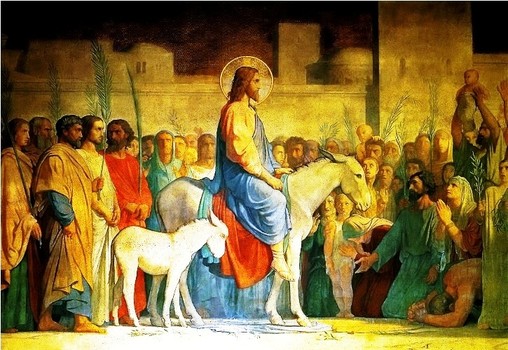At Lent retreats, I used to ask participants if they had ever been to the desert. But after moving up to Connecticut, I finally stopped. Everyone said “no.” Except a few who would ask, “Does Las Vegas count?”
No, Las Vegas does not count.
Have you ever been to the desert?
I have. I understand what the desert is all about. It is quiet, still, empty, beautiful, harsh and dangerous. In the desert, you are always one false move away from needing something desperately. Like water, or shade, or an antidote for a snake or spider bite. Yes, my desert had tarantulas.
In the desert you face your own fragility and the fragility of those around you. All it takes is that mercilessly hot West Texas sun to remind you that your place in the universe is small and precarious. Survival is not a given.
Jesus spent forty days in the desert. Israel spent forty years. Days and years of precarious living. Days and years of facing one’s own weakness, accepting that survival is not a given, looking beyond oneself or one’s environment for certainty.
Leaning heavily upon God alone, Jesus and Israel emerged from their deserts. Israel settled in a new land and embarked upon an enormous task, to live faithfully as God’s people. Jesus was strengthened and resolved for mission, to tell God’s story to the human race and to love his own to the end.
We speak of Lent as our desert time. In this desert, do we recognize how fragile we are, how precarious life is, how the structures and things we depend on for security are one false move away from falling around us like a house of cards?
Precarious living is actually Gospel living. It recognizes that total dependence on God is where true strength is found. The trials of the desert are where we meet God and live only by what he offers – living water, the shadow of his wing, and the antidote of his love.
From Lent, from life, from desert, we may not emerge unscathed. But we can emerge as God’s own, strengthened, emboldened for mission and “filled with the power of the Spirit” (Lk. 4:14).
* * *
“If we ask God for so little it may well be because we feel the need for him so little. We are leading complacent, secure, well-protected, mediocre lives. We aren’t living dangerously enough; we aren’t living the way Jesus wanted us to live when he proclaimed the good news” (Anthony de Mello, Contact with God: Retreat Conferences).
Briton Riviere, The Temptation in the Wilderness, 1898



